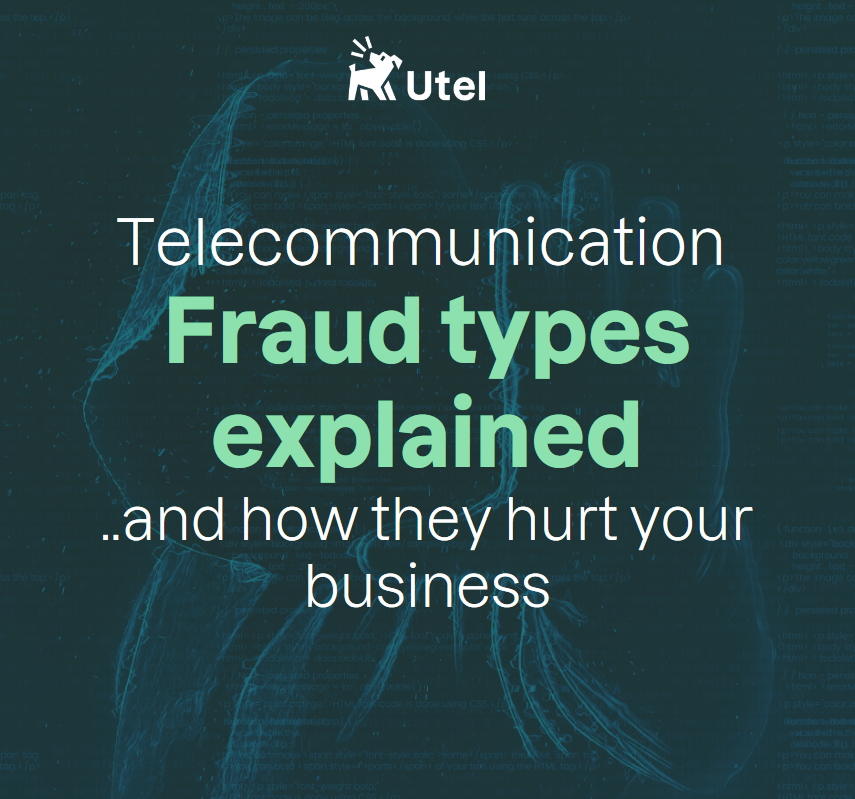
In the telco fraud territory we have many different fraud types. IRSF, subscription fraud, SIM-swapping, wangiri.. but what does it all mean, and more importantly, how does it affect your business and customers? In this article we will explain some of the most costly and prevalent types so that you as an operator, or customer, know more and are better protected.
1. Revenue Sharing Fraud (IRSF):
IRSF telecom fraud typically begins with a perpetrator leasing an international premium rate number. They then exploit vulnerabilities in a business’s phone system, artificially increasing traffic directed to this number. Subsequently, the inflated phone bills are shouldered by the compromised business, enabling the attacker to divert up to 30%—for personal gain.
Did you know? IRSF has skyrocketed over the last ten years, soaring from $1.8 billion in losses in 2013 to a staggering $10.76 billion by 2022.
2. Subscription Fraud
Subscription fraud is a type of fraudulent activity prevalent in the telecommunications industry. It occurs when individuals or organized groups intentionally use stolen or false identities to obtain mobile devices, subscribe to contracts, or access services without any intention of paying for them.
Did you know? This type of telco fraud is considered one of the hardest and most expensive to prevent. In fact, in South Africa alone, subscription fraud contributed 30% to overall revenue loss
3. Robocalls / Wangiri
A Wangiri call is a type of phone scam where an automated system or fraudster makes brief, often one-ring calls to random numbers. The scam relies on the recipient’s curiosity to return the missed call, often to an international number or a premium-rate number, with the intention of prolonging the call and charging high fees for the service.
Did you know? A Mass call attack can result in hundreds of thousands of calls within hours. Unfortunately, many of these call the fraudsters back.
4. SIM jacking / SIM swapping
SIM swapping attacks, also known as SIM hijacking, involve a type of cyber attack where a perpetrator fraudulently gains control over an individual’s phone number by tricking a mobile carrier into transferring the target’s phone number to a SIM card under the attacker’s control.
Did you know? In many countries, they frequently use Whatsapp and ask friends and family to transfer money, impersonating the victim.
5. Scam calls
Scam calls refer to unsolicited or fraudulent phone calls made with the intent to deceive or defraud individuals. These calls can take various forms and often involve scammers attempting to obtain personal information, money, or sensitive data from the recipient.
Did you know? In 2015-2016 scammers posed as IRS representatives, made threatening phone calls to unsuspecting individuals, claiming that they owed unpaid taxes or penalties. The scammers used intimidating tactics if immediate payment wasn’t made.
Get in touch with us today, and we`ll help stop these fraudsters!
